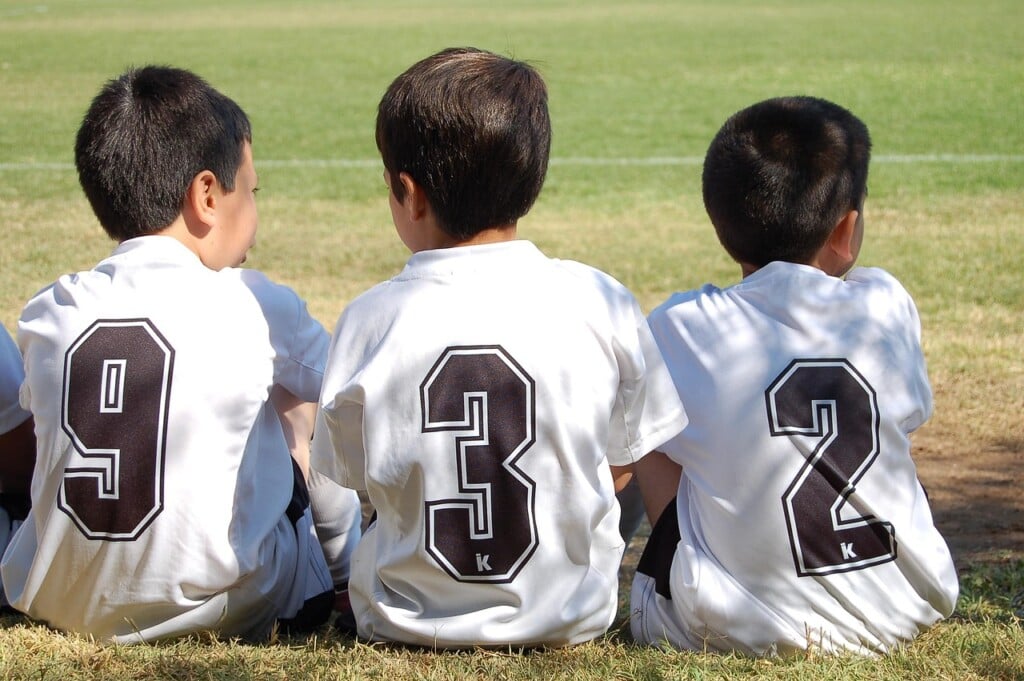Should You Let Your Kid Quit?
The debate over extracurricular burnout

When my son was in a tween, he asked if he could take golf lessons. I signed him up for introductory lessons with a golf pro. He enjoyed it so much I sent to a summer golf camp for a few weeks. My husband and I bought him a starter golf club set for his birthday. For the fall season, I enrolled him in a group golf clinic with a few of friends.
He continued to thoroughly enjoy golf for several months, both at the weekly clinic and by himself practicing at the range. I thought he might want to join a golf team. But then his excitement started to wane. One afternoon, on our way home from his lessons, he told me he wanted to quit.
I wasn’t sure what to do. Should I insist my son continue because he made a commitment? Or was it okay to let him quit?
The Benefits of Extracurriculars
Whether your child chooses to participate in a team sport, a weekly art class, or a theater group, there are numerous benefits to extracurricular activities. They help kids learn new skills, gain confidence, and work on time management, all while having fun alongside peers.
“Before signing a child up for any activity, make sure they understand what the expectations will be,” says Erin O’Connor, Ed.D., Professor and Program Leader, Early Childhood Department of Teaching and Learning at NYU Steinhardt.
Consider allowing your child to try a variety of activities before committing to the one or two they enjoy most. Be realistic about their talents and temperament. As kids get older, many activities require a bigger time commitment from the child (and in many cases, the parents.) Some children thrive on a more competitive team with multiple practices a week, while others find it overwhelming.
“Especially for young children, it’s important to ease in and test the waters,” O’Connor says. Avoid going all in too quickly, buying a large amount of expensive equipment immediately, or signing up for a year-long travel team.
To Quit or Not to Quit
The word “quit” has an association with failure. The old saying, “Winners never quit and quitters never win,” comes to mind. But when it comes to kids and quitting an activity or sport, it’s a little more complicated than that.
They might be stressed from not getting enough sleep or keeping up with homework. Maybe they like the sport but not the kids on their team. Or maybe they enjoy theater class but are upset about the part they got in the show. “Rather than just letting a child stop an activity at the first sign of discomfort, it’s better to talk about the specifics of why they aren’t enjoying themselves,” O’Connor says. “There may be other, better solutions instead of quitting.”
Finding Balance
“Parents want to encourage their child to give an activity a fair shot and not give up at the first sign of adversity,” O’Connor says. “We want to teach kids to honor commitments, be a team player, challenge themselves, and build resilience.”
In some instances, however, quitting an activity is the correct course of action. Extracurricular activities are supposed to enhance a child’s life, not complicate it or put unnecessary pressure on them. There is also the issue of cost. Why spend money on an activity your child doesn’t enjoy?
“If a child seems anxious or upset before going to an activity or after attending, that is a red flag for parents,” O’Connor explains. “Things like complaining of stomach issues or inability to sleep, weight loss can all warrant further investigation.”
Even if there aren’t mental health concerns, quitting an activity may still be what’s best for the child. They may want to focus on another extracurricular, or they may be better off with more downtime.
While structured, organized activities are beneficial, many kids today are over-scheduled. “A routine such as soccer every Tuesday is helpful for kids,” O’Connor says. “However, having unscheduled time to explore on their own or engage in free play with peers is also important. Ultimately, it’s about finding balance.”
Pause, Not Quit
In the case of my son, we agreed he would complete the last of the lessons we had paid for and would not re-enroll. He didn’t play golf for a long time and instead focused on soccer and basketball.
Then, when he was in high school, some friends invited him to the golf course. He understood the fundamentals of the game from the lessons he took as a kid. With practice, he has continued to improve. Instead of pushing him to continue, we let him walk away when he said he wasn’t enjoying it anymore. Now the sport he once quit is one of his favorite pastimes.
RANDI MAZZELLA is a freelance writer specializing in parenting, teen issues, mental health, and wellness.









